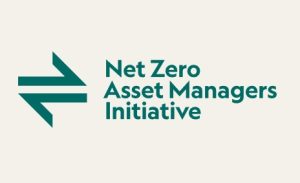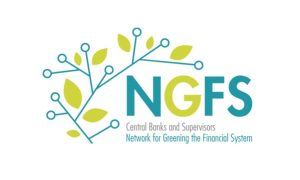Introduction to IPCC Report
This article introduces the Special Report 15 (SR 15) and the Sixth Assessment Report (AR 6) released by the Intergovernmental Panel on Climate Change (IPCC) .
The Special Report 15 and Sixth Assessment Report are related to the 1.5 degree Celsius warming scenario and are widely used on a scientific basis for global net zero transition assessment.
Related Post: World Economic Forum Releases a Report on Net Zero Transition Cooperation
Introduction to IPCC Special Report 15
Special Report 15, also known as the Special Report on Global Warming of 1.5 ° C, was released by the IPCC in 2018. Prior to this, it was widely believed that limiting global warming to 2 degrees Celsius could solve the problem of climate change. However, a 2015 United Nations report showed that 2 degrees Celsius was not enough to mitigate the impact of climate change, and the world should strive to achieve a 1.5-degree Celsius warming target. The IPCC released Special Report 15 at the invitation of the United Nations Framework Convention on Climate Change (UNFCCC).
Special Report 15 explores the possibility of controlling global warming to 1.5 degrees Celsius, the potential requirements and outcomes for achieving this goal. The report suggests that achieving the 1.5-degree Celsius warming target is possible, but important actions need to be taken to reduce carbon emissions. Special Report 15 has set 90 scenarios, of which 18 are related to net zero by 2050. These scenarios include socio-economic development, energy system transition, and land use change, with a maximum duration of 2100 years.
Introduction to IPCC Sixth Assessment Report
In addition to special reports, the IPCC has also released detailed assessment reports on climate change mitigation and adaptation. The Sixth Assessment Report was released by the IPCC from 2021 to 2023, including the results of different working groups:
- 2021: Working Group One released The Physical Science Basis.
- 2022: Working Group Two released Impacts, Adaptation and Vulnerability.
- 2022: Working Group Three released Mitigation of Climate Change.
- 2023: IPCC released AR6 Synthesis Report.
The report released by Working Group Three in 2022 covers over 2500 scenarios, including 97 scenarios with a 1.5-degree Celsius warming target, of which 80% are new scenarios developed after the release of Special Report 15. The report shows that to control the warming target at 1.5 degrees Celsius, global greenhouse gas emissions need to decrease by 43% by 2030 (based on 2019), and by 84% by 2050. Global carbon dioxide emissions need to decrease by 48% by 2030 and reach zero carbon dioxide emissions by 2050.
Comparison between Special Report 15 and Sixth Assessment Report
There are differences between IPCC Special Report 15 (SR15) and the Sixth Assessment Report (AR6) in multiple aspects, including:
- Net zero period: SR15 scenario is based on achieving net zero from 2040 to 2055, and AR6 scenario is based on achieving net zero from 2050 to 2055.
- Scenario: 90 paths in SR15 are related to net zero, with 18 paths achieving net zero by 2050. 97 paths in AR6 are related to net zero, and all these paths will achieve net zero between 2050 and 2055.
- Carbon emission budget: SR15 believes that to achieve a 66% probability of achieving the 1.5-degree Celsius warming target, global carbon emissions need to be controlled at 295Gt, while AR6 believes that global carbon emissions need to be controlled at 360Gt.
- Carbon emission target: SR15 predicts a 45% reduction in greenhouse gas emissions by 2030 (based on 2010), and the probability of temperatures temporarily exceeding the 1.5-degree Celsius warming target is low. AR6 predicts a 37% reduction in greenhouse gas emissions by 2030, and there is a high probability that the climate will temporarily exceed the 1.5-degree Celsius warming target.
- Net zero industry: SR15 does not have specific industry net zero requirements, while AR6 has net zero requirements for energy, transportation, construction, industry, and agriculture industries.
Reference:





